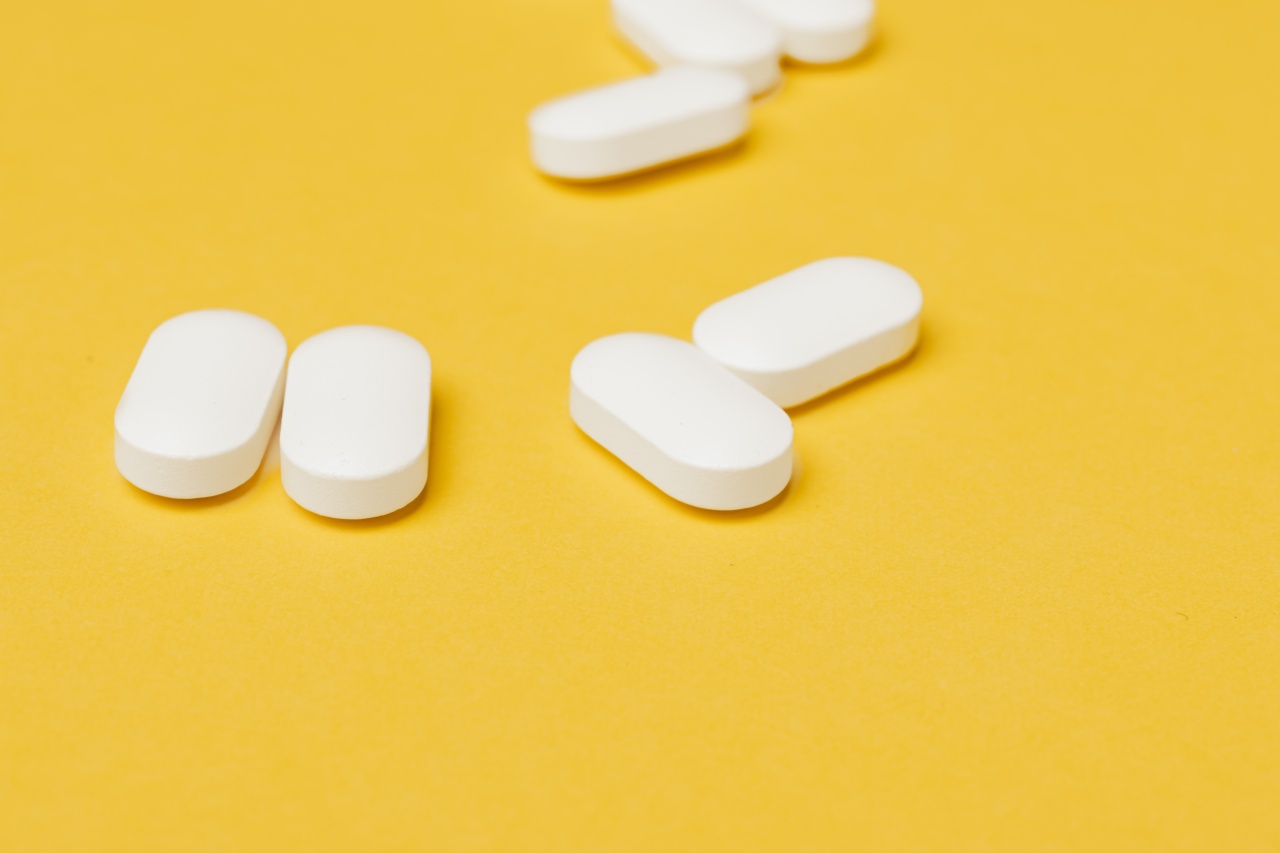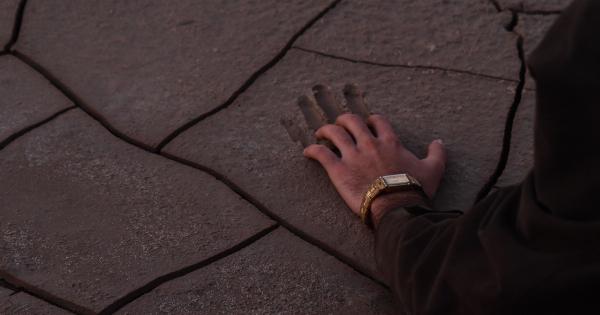Itching can be an incredibly frustrating and uncomfortable sensation. Whether it’s caused by dry skin, allergies, insect bites, or other irritants, there are times when you just can’t stop scratching.
Fortunately, there are a few things you can do to get relief from itching, depending on the underlying cause.
1. Moisturize Your Skin
Dry skin can be a common cause of itching, especially in the winter when the humidity is low. One of the easiest ways to combat dry skin is to moisturize your skin regularly.
Look for a moisturizer that contains hyaluronic acid, glycerin, or urea, which are all excellent moisturizing agents that can help to soothe and hydrate dry, itchy skin.
2. Use Hydrocortisone Cream
If your itching is due to an allergic reaction or a rash, a hydrocortisone cream can help to reduce inflammation and relieve your symptoms.
Hydrocortisone is a mild steroid that can be applied directly to the affected area to help calm itching and redness. It’s best to use hydrocortisone creams sparingly and only for short periods of time, since long-term use can have side effects.
3. Take an Antihistamine
If your itching is caused by allergies, an antihistamine can help to alleviate your symptoms. Antihistamines work by blocking the action of histamines, which are the chemicals that cause itching and other allergy symptoms.
There are many different antihistamines available over-the-counter, including loratadine, diphenhydramine, and cetirizine.
4. Apply Cold Compresses
If your itching is causing swelling or redness, applying cold compresses can help to numb the affected area and reduce inflammation. You can use a bag of ice wrapped in a towel, or even a frozen bag of peas.
Apply the compress to the affected area for 10-15 minutes at a time, several times a day, until your symptoms improve.
5. Avoid Scratching
One of the hardest things about itching is resisting the urge to scratch. Scratching can cause further inflammation and damage to the skin, leading to more itching and discomfort.
If you find that you can’t stop scratching, try covering the affected area with a bandage or wearing gloves to protect your skin.
6. Identify and Avoid Triggers
One of the best ways to prevent itching is to identify and avoid triggers that cause your symptoms.
This might mean avoiding certain foods, using fragrance-free or hypoallergenic products, or staying out of environments that trigger your allergies or cause your skin to become dry. If you’re not sure what’s causing your itching, try keeping a journal of your symptoms and activities to see if you can pinpoint any patterns.
7. See a Doctor
If your itching is severe, persistent, or accompanied by other symptoms, it’s important to see a doctor. A doctor can help you to identify the underlying cause of your itching and recommend the best treatment options for your specific needs.
They may also prescribe stronger medications or refer you to a specialist if necessary.
Conclusion
Itching can be a frustrating and uncomfortable sensation, but fortunately, there are many ways to get relief.
From moisturizing your skin to avoiding triggers to taking antihistamines, there are many different tactics you can try to soothe your itching and keep your skin healthy. If you’re suffering from severe or persistent itching, be sure to see a doctor to get the help you need.





























